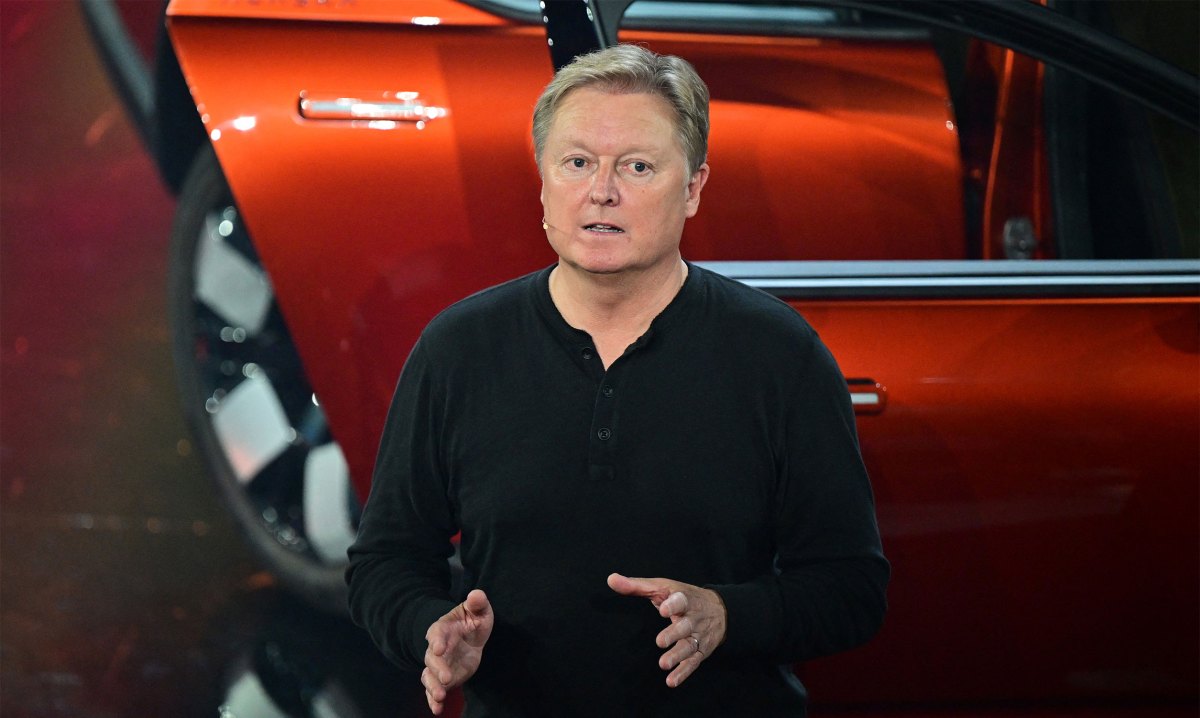Summary:
Henrik Fisker and his wife quietly closed their charitable foundation after Fisker Inc. went bankrupt, with only $100,000 in grants made over three years.
The foundation was initially funded with $4 million in Fisker stock, but the value plummeted as the EV startup struggled, leading to its dissolution.
This reflects the risks of tying philanthropy to volatile SPAC-backed startups, unlike more stable foundations like Rivian's, which continues to operate.
The Fiskers also used a donor-advised fund for a $1.9 million donation, highlighting issues with transparency in charitable giving from startup wealth.
The Brief Life of the Fisker Foundation
Henrik Fisker, founder of the failed EV startup Fisker Inc., and his wife Geeta quietly dissolved their private charitable foundation in late 2024, just months after the company declared bankruptcy. Established in late 2021, the Geeta & Henrik Fisker Foundation was intended to incubate innovation in healthcare, education, sustainability, mobility, and other causes supporting the planet and improving lives.
A Foundation Built on Shaky Ground
IRS filings reveal that the foundation received an initial donation of 229,000 shares of Fisker Inc. stock in December 2021, valued at approximately $4 million at the time. The couple also contributed around $5,000 in cash that year. However, by the time the foundation was publicly announced in February 2022, the stock's value had already plummeted to about $2.7 million.
Over its three-year existence, the foundation made only around $100,000 in grants, with minimal cash contributions from the Fiskers. In its final fiscal year, it issued just one grant of $1,988 to a JP Morgan Charitable Gift Fund before filing its 'final return' with the IRS.
The Broader Context of EV Startup Optimism
This story exemplifies the wide-eyed optimism that fueled the electric vehicle startup boom in the 2020s, particularly through SPAC mergers. For comparison, Rivian—which went public via a traditional IPO—established its own foundation with 1% of company equity, once worth over $600 million. Despite fluctuations, the Rivian Foundation remains active, having distributed millions in grants.
In contrast, the Fisker Foundation's assets dwindled as Fisker Inc.'s stock price collapsed amid production struggles and flawed EV releases. The foundation's limited scope and eventual closure highlight the risks of tying philanthropy to volatile startup success.
Other Philanthropic Efforts
The Fiskers had additional charitable activities, including a $1.9 million stock donation to a donor-advised fund (DAF) in December 2021 from their personal trust. DAFs allow for tax deductions and private grant-making, but their lack of transparency makes it impossible to track the ultimate use of funds, especially as stock values decline.
This case underscores how the fortunes of startups can directly impact associated philanthropic initiatives, leaving good intentions unfulfilled.









Comments